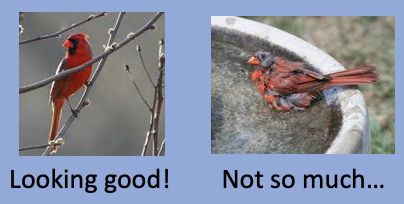Elf genetics works differently than the standard Darwinian model. Rather than success being determined by the gene-holder surviving and reproducing, genes are "tagged" with success levels at the DNA level. Elves have many more genes than they express. For any gene that is expressed, if the elf lives a long time and is in good health, any expressed gene is "tagged" with a "+1". If the elf is unhealthy, its body automatically tags its' expressed genes with a "-1". A child's DNA is then chosen, with some randomness from the parents', but with a preference for genes that have a high rating. As a result, good genes get passed on, despite most elves living to adulthood and having comparable numbers of children, and elves tend to be healthy and long-lived.
Could this happen biologically? (I know little about biology.)

